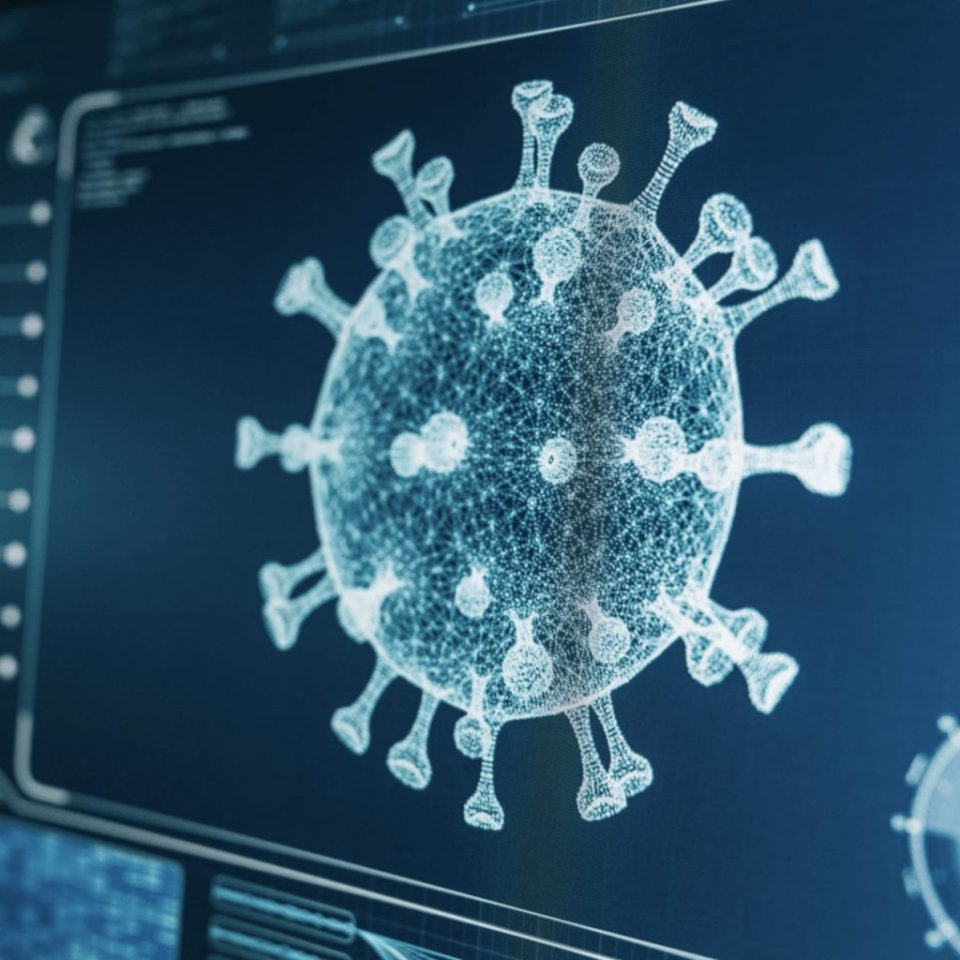|
Getting your Trinity Audio player ready...
|
A $1.3 million grant will help FIU introduce high school biology students to big data, helping them learn about viruses and diseases.
The five-year Science Education Partnership Award (SEPA) from the National Institute of General Medical Sciences at the National Institutes of Health will launch the Authentic Bioinformatics in the Classroom (ABC) project led by the FIU College of Arts, Sciences & Education and its Department of Biological Sciences and STEM Transformation Institute.
Bioinformatics is an interdisciplinary STEM field that integrates the biology, chemistry, and physics of life science data with computer science, statistics and mathematics to analyze large amounts of biological data. Bioinformatics was a critical tool for scientists throughout the pandemic in tracking and better understanding COVID-19.
The FIU-led project opens doors for students to explore biology in new innovative ways, while also offering hands-on research opportunities. The team will partner with Miami-Dade County Public Schools administration and biology teachers to develop, implement, test, and improve a bioinformatics and research-oriented curriculum aligned with state standards for biology that requires no new lab equipment.
The ABC team, led by Biological Sciences Assistant Professor Jessica Liberles and Physics Professor Laird Kramer, includes Rocio Benabentos, associate director of the STEM Transformation Institute, and FIUteach faculty members Nicholas Oehm and Lisa Giles.
“The high school biology curriculum will be infused with bioinformatics to help students make connections between concepts,” Liberles said. “By adding fun, interactive explorations and visualizations of molecular data in ways that were not really possible before, we hope to increase the number of ‘aha’ moments in the classroom.”
The ABC project brings together FIU faculty, STEM Transformation Institute researchers, FIUteach students and high school biology teachers to boost the biology curriculum with some of the technological advances that have transformed much of how biological research is practiced, such as working with large data sets and using computer modeling to determine how viruses work.
FIU’s ABC project grew out of a one-credit, standalone Computational Biology of Emerging Infectious Disease FIU lab course Liberles developed that incorporated research experience for undergraduate biology students. Recently, students have used bioinformatics to identify potential targets on the structure of the coronavirus proteins that can be further investigated as antiviral targets against current and future coronaviruses.
By bringing this program to high schools, Liberles and Kramer hope to give at least 18,000 diverse students access to emerging and in-demand bioinformatics careers.
“For some students, there’s always kind of a disconnect between what they do in a classroom and what they could do in the real world,” Kramer said. “We’re trying to break down that barrier to show how bioinformatics was vital throughout the pandemic and maybe spark an interest in future bioinformatics and biomedical careers through their classroom investigations of bioinformatics data using easy tools.”
As the ABC project is rolled out, FIUteach undergraduate pre-service teachers and students in FIU’s secondary teacher preparation program will serve as Bioinformatics Ambassadors, working with teachers to implement the modules, which in turn invigorates their teaching identity and prepares them to use bioinformatics and research in their future classrooms.






